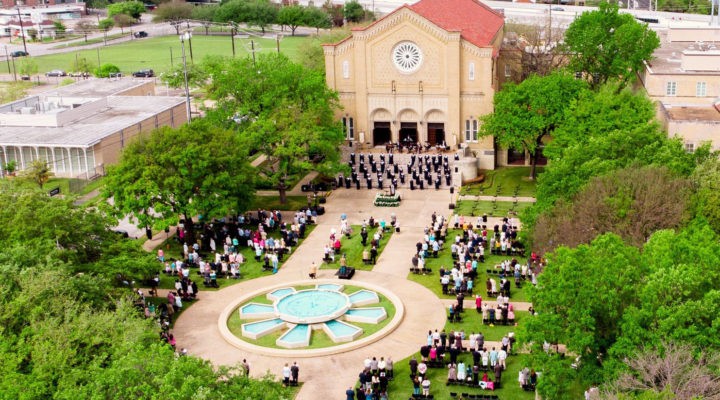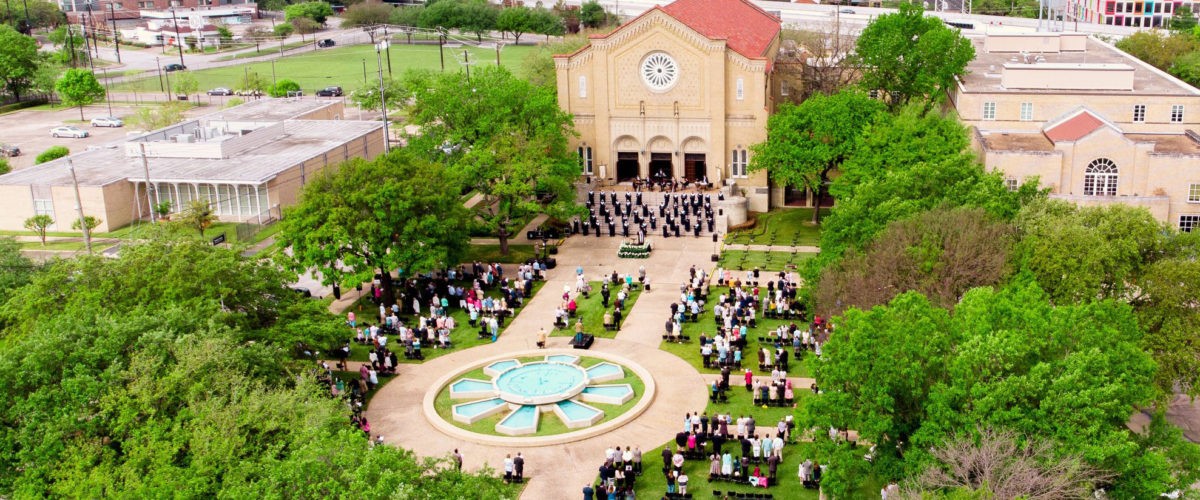Preaching has been radically different and difficult for Pastor Cheryl Adamson since March 2020, and not only because of the COVID-19 pandemic.
The parallel scourges of police brutality, political subjugation and racial oppression faced by African Americans, and exacerbated by the coronavirus, refocused and re-energized Adamson’s sermons at Palmetto Missionary Baptist Church in Conway, S.C., she said during “Preaching in Pandemics,” an Aug. 25 workshop that opened the Cooperative Baptist Fellowship’s 2021 virtual General Assembly.
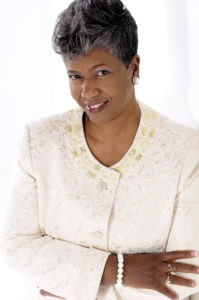
Cheryl Adamson
“My preaching changed so dramatically that I don’t know what I was preaching before,” she said, adding that the injustices faced by her predominantly Black church and other African Americans “have been overwhelming for me to respond to as a pastor and as a preacher. So, I found myself preaching from my own despair and anger, and that was a real challenge to my integrity.”
The transformation in preaching style spawned a more complex sermon study and preparation process made still more daunting by having to preach to a virtual congregation.
Adamson was joined in the panel discussion by Shaun King, senior pastor at Johns Creek Baptist Church in Alpharetta, Ga.; Christy McMillan-Goodwin, pastor of First Baptist Church of Front Royal, Va.; and Steve Wells, pastor of South Main Baptist Church in Houston. CBF Stewardship Officer Rickey Letson moderated the discussion.
The ministers talked about how the pandemics of political unrest, racial injustice and COVID-19 impacted their preaching and congregations, their approaches and self-care and how they see their preaching moving forward.
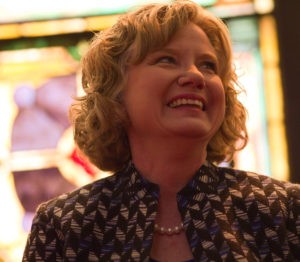
Christy McMillan-Goodwin
“One of the biggest challenges was the uncertainty, week to week, of not knowing what was going to happen with the virus and the shutdowns and masking and unrest in the community,” McMillen-Goodwin said.
Being flexible and concentrating on how to respond to issues one day or week at a time helped maintain responsive ministry and worship, she added. And the practice of preaching from the Lectionary provided structure and relevance for her sermons. “It’s interesting how connected the lectionary was to what’s going on.”
In addition to adjusting to an abbreviated, virtual worship setting, Wells said his preaching expanded to target the needs his congregation faced during the pandemic, including parenting challenges, anxiety and depression. To help with that, his sermon preparation included input from a therapist to help him address specific problems “we are all facing together, alone.”
Another approach was to tailor preaching to the new realities of the pandemic, he said. “I thought we needed a big dose of Jesus last year, so we worked through the Sermon on the Mount” for guidance on “how to act when the world acts like the world.”
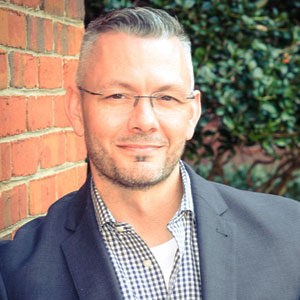
Shaun King
Preaching to empty rooms or to pews populated with masked worshipers was draining, said King, who experienced that “interruption of the energies of the preaching moment … in a visceral way.”
But the preaching and teaching continued. King’s church studied the book of Job during the pandemic and he preached a sermon series on liminal seasons. “All our energies were trying to name and reframe the experience through resurrection,” he said.
Another discovery that emerged from physical separation was that “a kind of institutional codependency” had developed that made individual acts of service contingent on leadership, King added. “‘How can I mobilize acts of compassion if they are not organized for me at the church? It was a co-dependence on institutional expressions of our faith because there was a new kind of lostness.”
The pastor said the ordeal brought him to the brink of “existential exhaustion,” which in turn led him to lean into therapy, a daily gym routine and meeting regularly with close friends also in ministry.
But centering prayer also has been career-saving, he said. “If I don’t do that daily, to frame the day, I am an absolute train wreck. When I routinely attend to that, I am unflappable. And there is really no in-between. Through the pandemic it was an absolute necessity — nonnegotiable.”
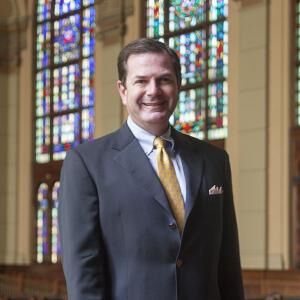
Steve Wells
Wells said morning walks with friends helped him cope with the stress by providing him with regular exposure to the outdoors and good conversation. He also dove deeper into Scripture.
But another key practice was being more intentional in structuring his time — and not to be afraid to protect much-needed down time. “I gave myself permission to say, ‘I have done all I can do and it’s OK for me to step away,’” he said.
McMillan-Goodwin had a similar revelation: “I realized I don’t need to be in the office all the time. When we were shut down, we found out church can function just fine from our homes.”
Gardening, hiking and kayaking also became sources of self-care.
Connecting with family and friends and planting a vegetable garden have been vital for preaching and providing pastoral care during the various pandemics, Adamson added.
“No. 1 for me has been prayer and meditation,” she said. “I had to surround myself with individual prayer warriors and also to connect with some new online groups. I needed to hear the word of God from the people of God, and I needed to hear others petition God.”
As the coronavirus outbreak surges again and racial injustice continues to oppress, Adamson said her current preaching will center on the Gospel of John and pursue the text’s promise that “the truth shall set you free.”
McMillan-Goodwin said she plans to preach about stewardship and abundance “to counter the mindset of scarcity” she sees in her community.
Wells said he plans a series on sabbath and the importance of claiming it, and another on Galatians.
King said he is leading his church through the book of Acts. The idea is to demonstrate it’s “not just the story of the launch of the church, but an invitation to imagine the relaunch of the church.”
Related articles:
Pastors must preach about COVID-19, Younger says
Here’s another thing they don’t teach pastors in seminary
It’s hard to get a laugh these days, even if you’re a funny preacher

